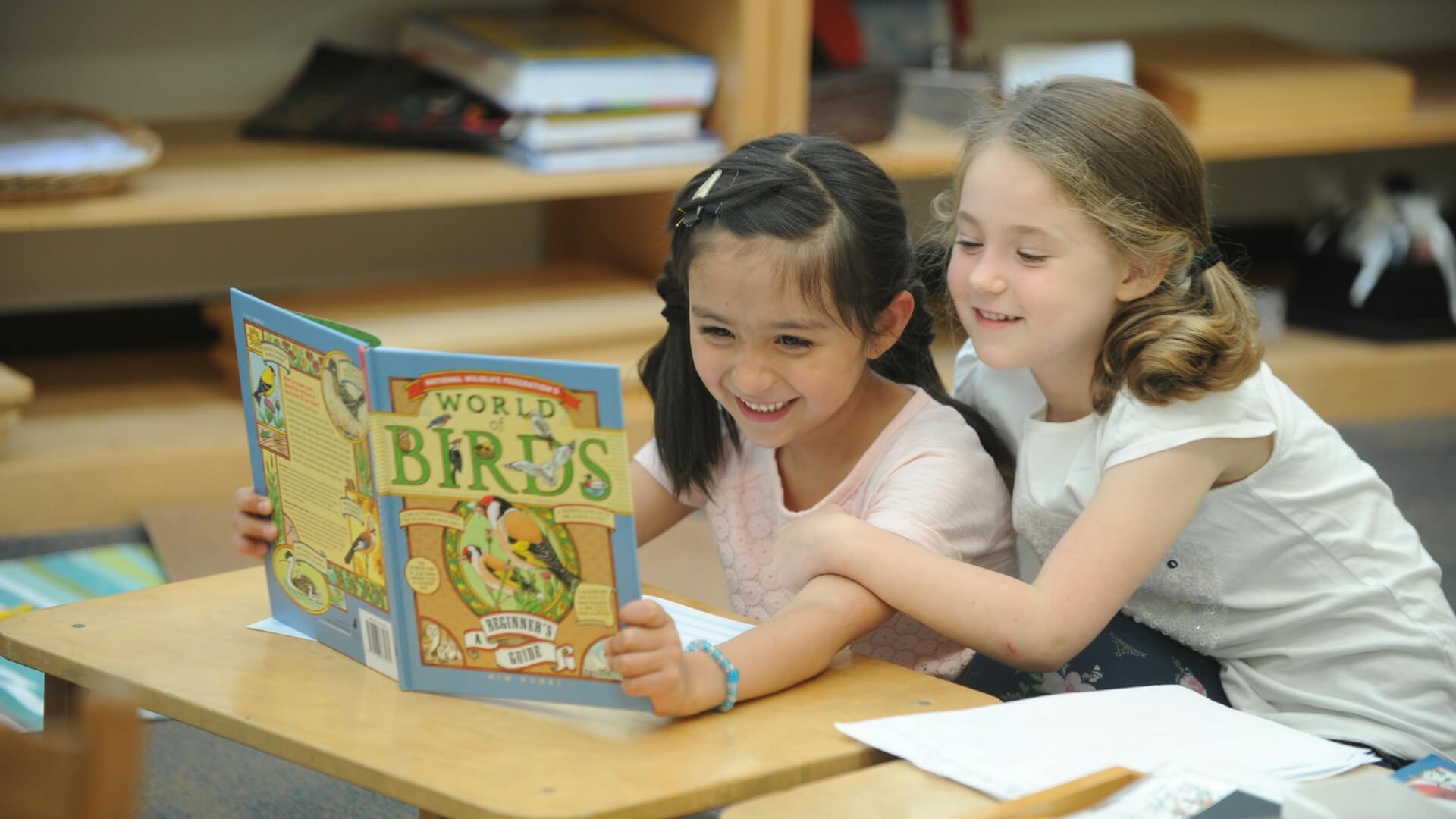Do you remember back when you were small, and waiting an entire week for something seemed like eternity? Time moves differently for children because every day is a much smaller percentage of their total lifetime than it is for adults. Considering this, it’s no wonder that after three months of summer vacation, kids have stopped thinking about school entirely. That was eons ago, especially for the younger children. Unfortunately, this means that much of their functional cumulative memory for schoolwork has been exchanged for more recent memories of summer fun. Teachers have been struggling with this for decades and often first six weeks of any school year can be eaten up reviewing what the kids learned the year before. If you want to help your child stay on the ball and ready for school, here are a few helpful tricks to prevent that “summer slide”:
1 Explain Your Reasons
Some children are tempted to make home-assigned schoolwork adversarial, but it doesn’t have to be. Your child wants to be smart and succeed in school, and it can help to have a talk with them about your goals for their achievement. Tell your child how smart they are, and how you want them to be able to show that off in school. When you and your child are a team against the summer slide, every preventative measure is done with camaraderie rather than combat.
2 Assign Summer Homework
Homework has the same purpose over the summer as it does during the school year: Practice! When you practice your academic skills regularly, the skill increases and the methods stay sharp in the mind. To get started, you’ll need workbooks from several subjects. Make sure to check with the teachers to know which workbooks to buy, not every ‘3rd Grade Math’ workbook will be on your school’s curriculum. Twice a week or more, sit down with your child and have them do a page or two from each book, then grade it with them. Be ready to answer questions and teach the next section of the book, your child is still learning!
3 Dinner Table Trivia
One great way to ensure your child doesn’t lose information they gained in school is to play trivia games with their learned subjects. How? Collect their tests and quizzes throughout the school year and make a habit of asking random questions from them at dinner. Make it a game, and don’t attach penalties. This is a friendly family review and gives your child a chance to talk about school and the subject at dinner. This method works especially well if you start the tradition before school lets out.
4 Good Grades Incentives
If you incentivize your child to make good grades with rewards like allowance, outings, or special treats, don’t stop over the summer! Reward them for doing their daily worksheets and knowing their facts by continuing to offer academic incentivization. This gives your child a chance to make summer extra fun and combat that knowledge slide at the same time!
5 Hire a Summer Tutor
If done well, tutors can be a fun and exciting introduction to a child’s life. A few hours a week of someone new covering old subject matter in a new and interesting way is a lot like making a new friend whose time you’re allowed to monopolize. There are a lot of older children and college students who are also out for the summer and often looking to make a little extra money. Teaching young children their math and history is a great way for them to stay brushed up on the basics as well.
6 Form a Study Group
What do kids want most during the summer? Usually, it’s social opportunities. The ability to go out and play with friends, or go to summer camp and make new friends. Even kids who play online all day long are meeting and talking to people as their primary form of entertainment. Get together with the parents of your child’s friends and talk about putting together a study group / play date system in which regular small ‘summer parties’ occur as long as the kids are willing to study for the first hour of each play session. This is also a great opportunity for a ‘big summer project’ in which kids work together to use their knowledge to make something fun.
Fighting back that summer slide doesn’t have to be a hassle. Schoolwork is like the broccoli of summer vacation. At first, your kid will say they hate it, but mix it into pasta and cheese, and they’ll eat it happily. When it comes down to it, kids love to learn, and they want to do well in school the next year. If you make sure to make study time fun and rewarding for them, you may be surprised at how much learning can take place over the summer. More often than not, kids who get involved in summer learning come back not just well-reviewed, but having learned more just for fun!


